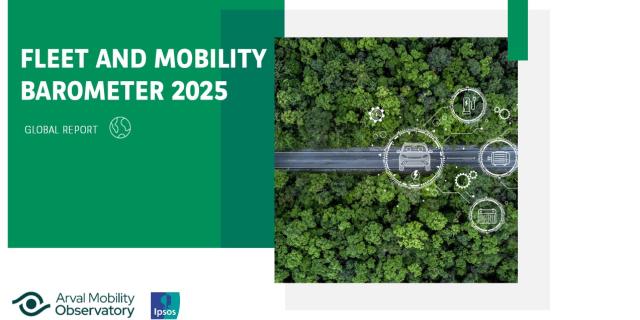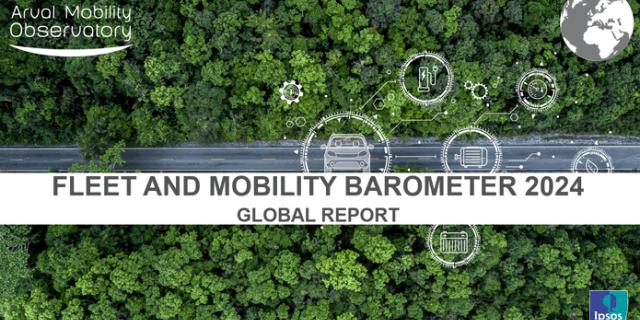
Arval, a global leader in full service vehicle leasing and sustainable mobility solutions, has been awarded the Platinum recognition level on the EcoVadis Corporate Social Responsibility (CSR) platform, ranking it amongst the top 1% best companies rated by EcoVadis in this industry.
In 2020, Arval scored 74/100, compared to 70/100 in 2019. This score allows Arval to jump from the Gold to the Platinum recognition level, the highest of the EcoVadis ranking. For the 5th year in a row, it highlights Arval’s commitment to Corporate Social Responsibility, which the company has chosen to place at the very heart of its new strategy, Arval Beyond.
Climate change and sustainability have never been more critical for automotive and mobility players. For 30 years, Arval has successfully focused its expertise on full service leasing. Now, with the remarkable mobilisation of its teams, solid business and the support of the BNP Paribas Group, in line with the United Nations Sustainable Development Goals (SDGs), the company reaffirms its ambition to be a game changer. Arval helps its clients succeed in their energy transition through its main purpose: by offering sustainable mobility solutions.
Arval’s common goal is to build a strong responsibility culture, founded on talent and inclusion, to inspire all of its employees to make a positive impact every day in everything they do.
“CSR is not only a question of responsibility but also of trust. Our teams and clients expect us to lead the front. And to do that, we strive to launch tangible solutions to support our customers in their energy transition and mobility strategy. We do that leading by example: we always try to test our products within the company before delivering them to our customers. Building a sustainable future is a huge challenge and everyone at Arval has a role to play”, declares Alain Van Groenendael, Arval Chairman and CEO.
*Note to editors: EcoVadis operates a web-based collaborative platform, allowing companies to rate their CSR performance by assessing its policies, actions and results, as well as inputs from third-party professionals and external stakeholders. Companies are assessed through seven management indicators in four themes: Environment, Labour & Human Rights, Ethics and Sustainable Procurement.












